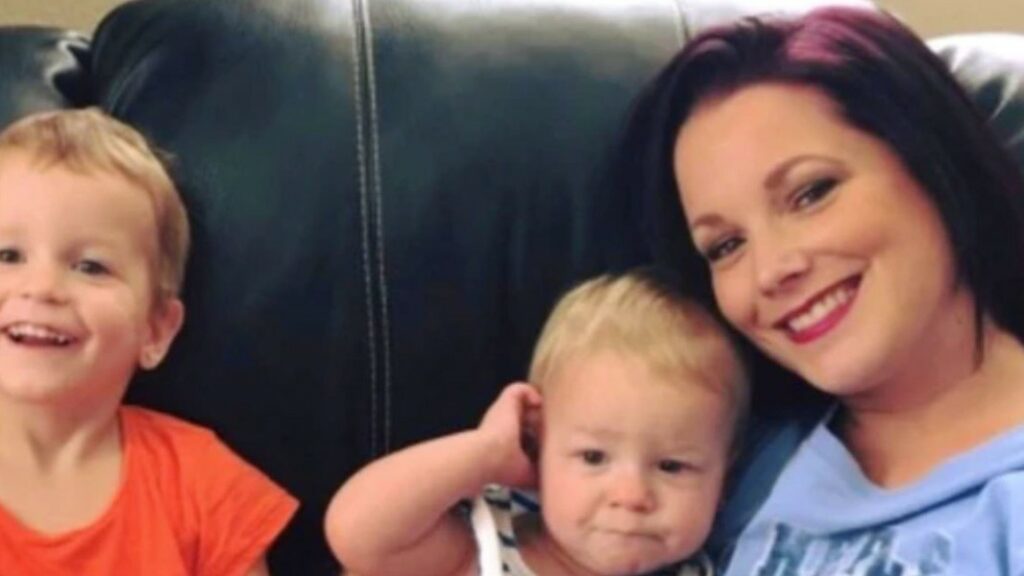Taking down a conspiracy theorist: How we won the first UK case to shut down a harassing YouTube Channel
For too long, social media has given free rein to individuals who exploit grief, tragedy, and real-life suffering for financial and personal gain. Conspiracy theorists, in particular, have built entire platforms around spreading misinformation, twisting the truth, and inciting harassment—all while being rewarded with views, ad revenue, and an ever-growing audience.
On 26 February 2025, we changed that.
The High Court ruled in our favour in the case of Rzucek v Vinnicombe, marking the first time in UK history that a conspiracy theorist has been forced to shut down a YouTube channel due to harassment and defamation.
This wasn’t just about winning a lawsuit—it was about proving that victims of online harassment have legal recourse, that social media abuse has consequences, and that people cannot use platforms like YouTube to terrorise innocent families.
Shutting down a conspiracy website: A notorious feat
Taking down a website or social media channel dedicated to conspiracy-driven harassment is no easy feat. For years, platforms like YouTube have been slow to act, even when clear violations occur. They often hide behind free speech arguments, despite the fact that targeted abuse, defamation, and harassment are not protected speech—they are legal violations.
Even when channels spread dangerous misinformation, tech platforms hesitate to act, fearing backlash or accusations of censorship. As a result, people like Alan Vinnicombe have been able to operate freely, creating false narratives and amassing large followings of like-minded individuals who continue their harassment campaigns beyond the screen.
This case proves that shutting down a harassment-driven online presence is possible—through legal action. While social media platforms may hesitate, the courts do not. We forced a conspiracy theorist to face real-world consequences for online behaviour that was as damaging as any real-world crime.
The case: A family’s nightmare made worse by conspiracy theories
This case centres around the 2018 Watts family murders in the US—one of the most shocking true crime cases in recent history. Chris Watts murdered his pregnant wife, Shanann Watts, and their two young daughters, Bella and Celeste. He later confessed in full and was sentenced to life in prison.
For Shanann’s family, the Rzuceks, the nightmare didn’t end there. Instead of being allowed to grieve, they were subjected to relentless online abuse. A wave of conspiracy theorists emerged, claiming the murder was staged, that the grieving family members were complicit, and that they were somehow actors in a grand cover-up.
Among the most aggressive figures behind this campaign was Alan Vinnicombe, a UK-based YouTuber. He made livestream after livestream, spending hours each day ranting, accusing, and inciting his audience to attack the Rzucek family online.
His reach extended far beyond YouTube. He encouraged his followers to harass the family in real life, to make abusive calls, to send hateful messages, and to flood social media with defamation.
When the family sought legal help, he escalated his attacks even further, turning his attention to their supporters and legal team—including myself and the lawyers at Cohen Davis. He weaponised his online following to orchestrate false reports against us, bombard our offices with emails and calls, and spread fabricated claims designed to undermine our legal efforts.
But we refused to be intimidated.
The fight to hold a YouTuber accountable
Bringing a YouTuber to justice for this level of harassment is far from straightforward.
One of the biggest challenges we faced was YouTube’s reluctance to act. Despite clear evidence that Vinnicombe was using his platform to spread dangerous misinformation and encourage harassment, the company did not immediately shut down his channel.
Legally, the process was also far from easy. The court gave Vinnicombe four separate opportunities to present a valid defence—he failed every time. Instead of using the legal system to defend himself, he continued to abuse it by attacking the very people trying to hold him accountable.
But through it all, we stood firm.
Thanks to the incredible generosity of the public, we were able to crowdfund essential legal costs to fight this battle. Thousands of supporters donated—some even giving their children’s pocket money—just to ensure justice was done.
When the funds ran out, we kept going. My team at Cohen Davis Solicitors, including the outstanding Filiz Kiani, refused to abandon the case and continued to fight on a pro bono basis.
And with the expertise of Gervase de Wilde, an exceptional barrister who took time from representing high-profile clients to stand up for justice, we won.
What this victory means for the future
Spreading conspiracy theories at the expense of innocent victims is not just unethical—it is unlawful.
The court’s ruling is a watershed moment for online harassment law.
For years, conspiracy theorists have hidden behind social media anonymity, believing that the law does not apply to them. This case proves otherwise. It establishes that:
- Spreading conspiracy theories at the expense of innocent victims is not just unethical—it is unlawful.
- Social media harassment can have real-world legal consequences.
- Victims do not have to suffer in silence—justice is possible.
But more than anything, this victory belongs to every person who has ever been harassed online.
It proves that we can fight back.
What’s Next?
While the court has ruled in our favour, the case is not quite over. We now await a final hearing to determine the legal remedies, costs, and restrictions that will be placed on Vinnicombe going forward.
But the biggest battle has already been won.
A harassing YouTube channel has been shut down.
A conspiracy theorist has been held accountable.
And online harassment victims everywhere now have a precedent to fight back.
For more details, read the judgment in the case of Frankie Rzucek v Alan Vinnicombe

